Whatman 滤膜 WB120237 EASICOLLECT KIT 50/PK EASICOLLECT KIT 50/PK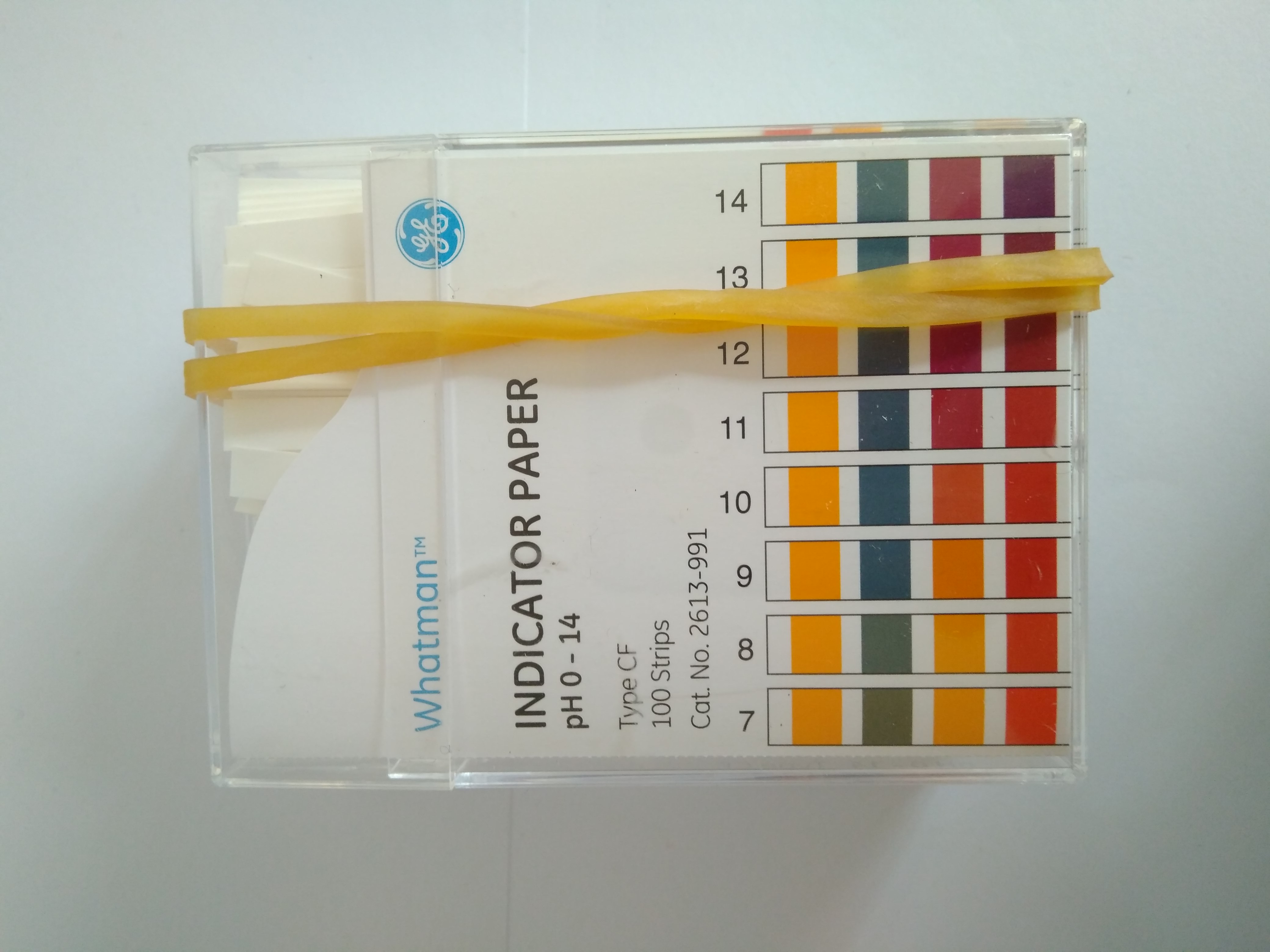
日度归档:2024年10月21日
直链淀粉/支链淀粉[胶淀粉]检测试剂盒 Amylose/Amylopectin Assay Kit 货号:K-AMYL Megazyme中国代理商
直链淀粉/支链淀粉[胶淀粉]检测试剂盒
英文名:Amylose/Amylopectin Assay Kit
货号:K-AMYL
规格:100 assays per kit
分析物意义: 影响消化速率和淀粉利用的成分比例
Megazyme检测试剂盒优点: 试剂盒新颖,试剂稳定
For the measurement of amylose/amylopectin ratio and content in cereal starches and flours. Based on a Con A precipitation procedure. Content:100 assays per kit
Colourimetric method for the determination of Amylose and
Amylopectin in cereals, food and feed
Principle:
(Con A)
(1) Soluble starch (amylose + amylopectin) →
amylose + amylopectin-Con A
(soluble) (precipitate)
(α-amylase + amyloglucosidase)
(2) Amylose (in solution) + H2O → D-glucose
(glucose oxidase)
(3) D-Glucose + H2O + O2 → D-gluconate + H2O2
(peroxidase)
(4) H2O2 + p-hydroxybenzoic acid + 4-aminoantipyrine →
quinoneimine + H2O
(α-amylase + amyloglucosidase)
(5) Total starch (in solution) + H2O → D-glucose
Kit size: 100 assays
Method: Spectrophotometric at 510 nm
Total assay time: ~ 120 min
Detection limit: Amylose 5-95% of total starch content
Application examples:
Cereal starches, flours, pure starches and foods
Method recognition: Novel method
Advantages
- Very cost effective (cost per test)
- All reagents stable for > 12 months after preparation
- Only enzymatic kit available
- Accurate and reliable amylose / amylopectin ratio determination
- Simple format
- Standard included
Q1. Should the pH of the sample be adjusted even for samples in acidic media?
The pH of the assay solution after the sample is added should be the same as that of the assay buffer that is supplied with the kit.
Low sample volumes (e.g. 0.1 mL) are not likely to affect the pH of the assay solution and therefore may not require pH adjustment.
Samples above 0.1 mL are more likely to affect the pH of the assay solution and therefore the pH of these samples should be adjusted as described in the data booklet, prior to addition to the assay.
Q2. There is an issue with the performance of the kit; the results are not as expected.
If you suspect that the Megazyme test kit is not performing as expected such that expected results are not obtained please do the following:
- Ensure that you have tested the standard sample that is supplied with the Megazyme test kit.
- Send the results of the kit standard, blank samples and the results obtained for your sample, in the relevant MegaCalc spreadsheet (if available) to Megazyme (cs@megazyme.com). Where available the relevant MegaCalc spreadsheet can be downloaded from where the product appears on the Megazyme website.
- State the kit lot number being used (this is found on the outside of the kit box).
- State which assay format was used (refer to the relevant page in the kit booklet if necessary).
- State exact details of any modifications to the standard procedure that is provided by Megazyme.
- State the sample type and describe the sample preparation steps if applicable.
Q3. With your amylose/amylopectin kit can you calculate the amylose content from the Con A supernatant absorbance, without performing the total starch section if you have recorded the weight of the sample?
Amylose is always reported as a percentage of the starch, not as a percentage of the sample weight. The method should be followed as described.
Q4. Can K-AMYL also be used for total starch determination?
We do not recommend K-AMYL for starch measurement. The aim with this method is to get a representative sample of the starch to get the amylose content. For accurate starch determination, we recommend using K-TSTA.
Q5. Do you provide any information in your Amylose/Amylopectin kit for the separation of the two starch fractions?
We think that the only effective method to separate amylose and amylopectin is by gel filtration.
Q6. We are analysing amylose using your kit K-AMYL. Do you have any recommendations regarding sample grinding? We have used a Retsch laboratory mill with a 0.5 mm screen. The particle size may be important for starch extraction.
Mill with Retsch 0.5 mm screen.
Q7. I am interested in your Amylose/Amylopectin Assay Kit. Is this assay suitable for potato starch?
The method should be fine for amylose/amylopectin in potato starch.
Q8. Could you please give us details about the reproducibility of the Amylose/Amylopectin kit?
Reproducibility +/- 2 to 4% of the value.
Q9. How sensitive is your Amylose/Amylopectin kit – can it differentiate between 50/50 and a 55/45 ratio?
Yes, there should be no problem in distinguishing samples with these differences in amylose content.
Q10. I have a question regarding your amylose/amylopectin assay kit. The solution (supernatant) is not always clear after centrifuging (A5) and after mixing with Con A solvent (A7) – depending on the sample. Is this a problem or is this OK?
Solution not always clear A5 – this is ok. Solution not always clear A7 – this is ok as well.
Q11. What kind of flour is the reference starch sample in your Amylose/Amylopectin kit from (potato, rice, wheat)?
The starch control is high amylose maize starch.
Q12. In your Amylose/Amylopectin Kit can you please tell me what modifications for steps A2 – A7 can be used for problem samples which do not appear to dissolve fully in DMSO (e.g. rice flours, potato starch)?
We suggest that you make the following changes:
1. A2 – use 2 mL DMSO
2. A4 – use total of 12 mL Ethanol (4 + 8– need longer tubes)
3. A6 – use 2 mL of DMSO
4. A7 – use 4 mL of Con A solvent.
Of these, the changes in A6 and A7 are probably the most important.
Q13. What is the difference between your Amylose/Amylopectin kit and the Total Starch Kit? I need to separate amylose from amylopectin in maize plants and quantify each fraction and wonder which kit would be most suitable.
The Amylose/Amylopectin kit employs Con A to selectively precipitate the amylopectin.
Q14. In the ConA precipitation step, after the hour incubation, is the centrifugation speed or temperature more important, or are they equally important?
Speed of centrifugation is the most important parameter. We use the microfuge at room temperature.
Q15. When we measure the Amylose/Amylopectin content of Sagopalm & rice starch (powder form), white precipitate is remaining. Adding DMSO after the precipitation by adding ethanol, white precipitate is remaining. Can you let us know a counter measure?
The white precipitate is most probably protein, and this will cause no real problems. However, an alternative is as follows:
Page 6:
Step 2: Dissolve in 2 mL DMSO. Centrifuge at high speed (could use a micro-centrifuge – 14,000 rpm, but bench centrifuge – 3,000 rpm, may be OK) and recover the supernatant. Treat this as follows:
Step 4: Add 4 mL ethanol, then 8 mL of ethanol.
Step 6: Use 2 mL of DMSO.
Step 7: Use 4 mL of Con A solvent and then make up to 25 mL as per method.
Q16. I have trouble with Steps A4 and A6 of your Amylose/Amylopectin Kit, i.e. distributing or dissolving the sample in DMSO without forming gelatinous lumps (starch) or grimy material that sticks to the sides of the tube (flour). How can I avoid this?
Rice starch should dissolve completely, but the solution may not be "crystal clear". In fact, it generally isn’t. With rice flour, the solution will be quite turbid due to materials other than starch, which will not dissolve. You can also increase the amount of DMSO used in the test. We have now introduced this modification into the method.
日本京都工具锁紧钳-日本京都工具-
| 供货周期 | 一个月 |
|---|
Nepros的20周年纪念特征
概述:这是Nepros周年纪念2015年庆祝成立20周年的特别页面。
时间:数量有限(一旦计划数量消失,它将立即停止。)日本京都工具锁紧钳
锁紧钳
※ ![]() 标有总目录No.39的新产品。
标有总目录No.39的新产品。
有关已停产产品的信息
锁紧钳长鼻子(带剪线钳)
100 LN至225 LN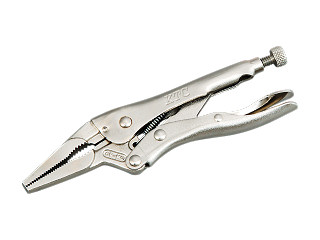
摇臂钳曲线钳口(带剪线钳)
100WR至250WR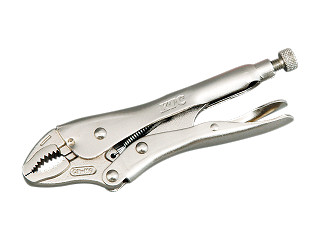
摇摆钳弯曲下巴
175 CR至250 CR
锁钳直下颌
175R至250R
锁紧钳C夹
150R至610R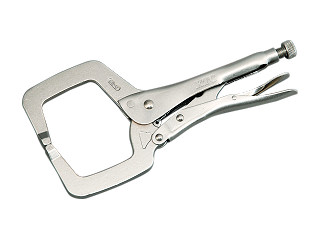
锁定钳旋转垫夹
100 SP至610 Sp
用于锁定钳子焊接的夹具
225R
用于锁定钳子金属板的工具
200R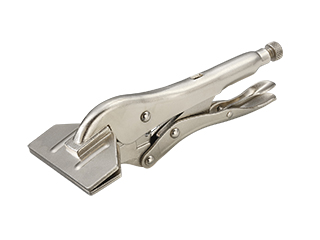
锁钳陈钳
510R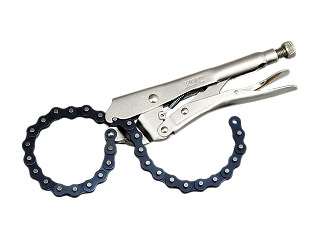
摇杆钳螺丝
91 A至07 A.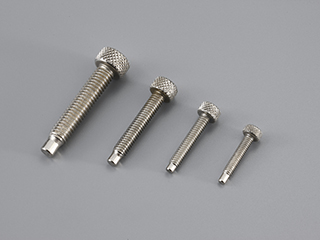
锁紧钳弹簧
92A至08A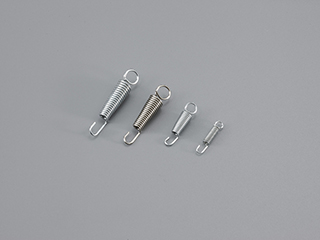
副把手锁紧钳大弯曲下巴
12LC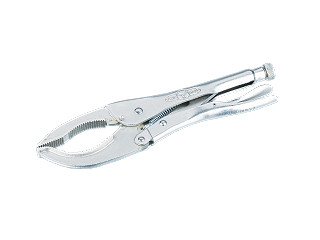
副握把宽C – 夹钳
18DR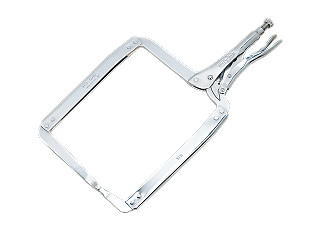
副夹板夹
9 AC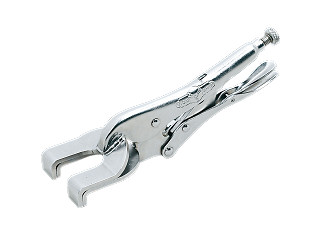
副握把陈
20 EXT~REP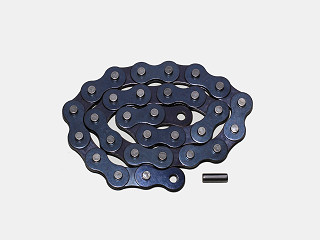
副把手螺丝
07 – 91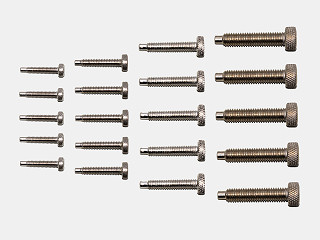
副握把弹簧
08至137
按产品类别分类
- 尼普罗斯(Nepros)
- 工具集
- 存储设备
- 通用工具
- 6.3平方插座·驱动工具
- 9.5平方插座·驱动工具
- 12.7平方插座·驱动工具
- 19.0平方英尺插座·驱动工具
- 25.4平方插座·驱动工具
- 冲击扳手套筒·配件
- 六角扳手
- 梅花扳手
- 眼镜扳手
- 棘轮眼镜扳手
- 扳手/组合扳手
- 利润工具
- 处理扳手
- 可调扳手
- 驱动程序类
- 钳子,钳子,剪刀
- 锁定钳子
- Hammer·Tagane·Punch
- 刮刀·刷子·文件
- 拉拔器/拆卸器
- 测量仪器
- 绝缘工具
- 电动工具
- 否则
- 汽车工具
- 摩托车工具
- 循环工具
- 管道工具
- 医疗设备
- 产品类型
商品
- 这种服装
- 这样的商品
- 车库项目
有关已停产产品的信息

日本京都工具锁紧钳 日本京都工具锁紧钳
47 mm Glass Filter Funnel 4 L Flask&SupportP 品牌:Pall
|
品牌:Pall
CAS No.: 储存条件:室温 纯度:– |
| 产品编号
(生产商编号) |
等级 | 规格 | 运输包装 | 零售价(RMB) | 库存情况 | 参考值 |
|
377-00181 |
– | 1 pcs | – | 咨询 | – | – |
* 干冰运输、大包装及大批量的产品需酌情添加运输费用
* 零售价、促销产品折扣、运输费用、库存情况、产品及包装规格可能因各种原因有所变动,恕不另行通知,确切详情请联系上海金畔生物科技有限公司。
产品描述相关资料下载相关产品浏览记录 请联系客服


